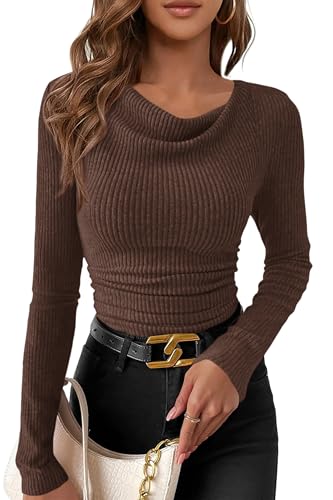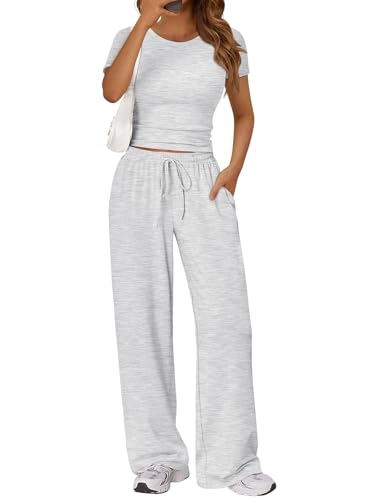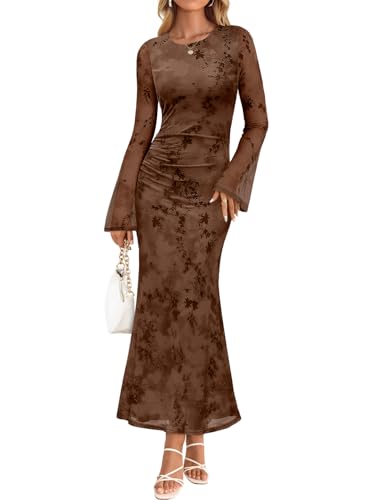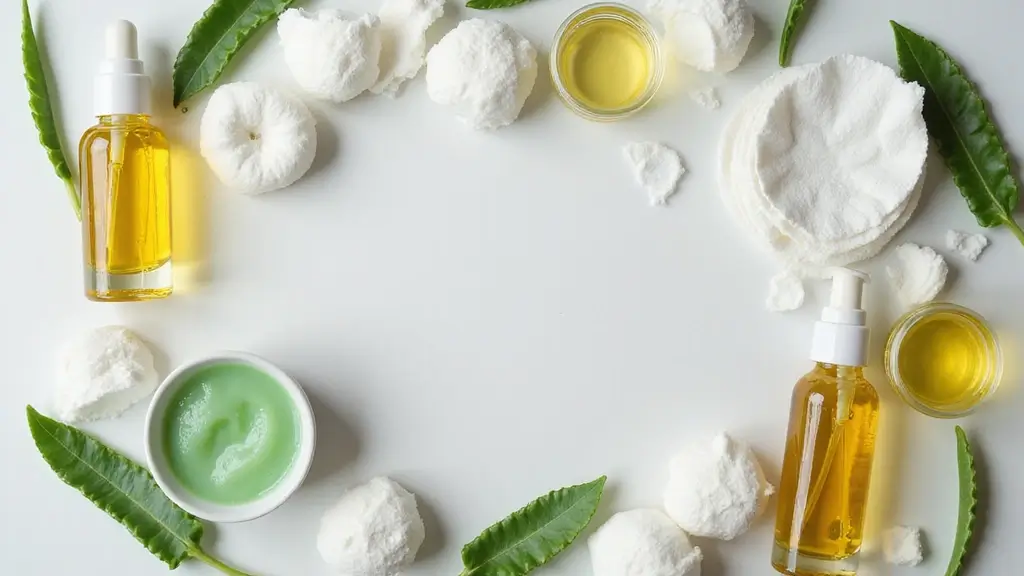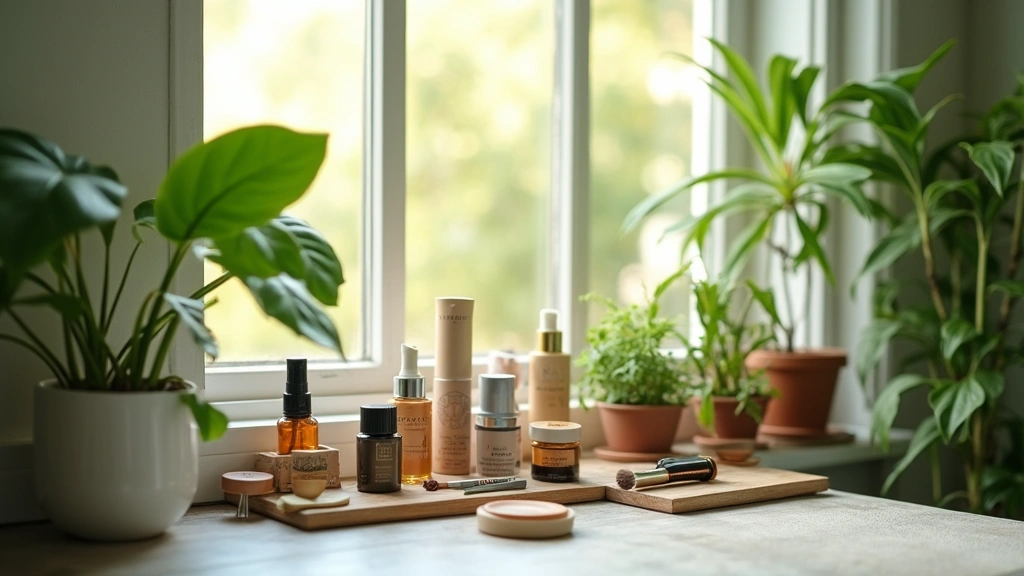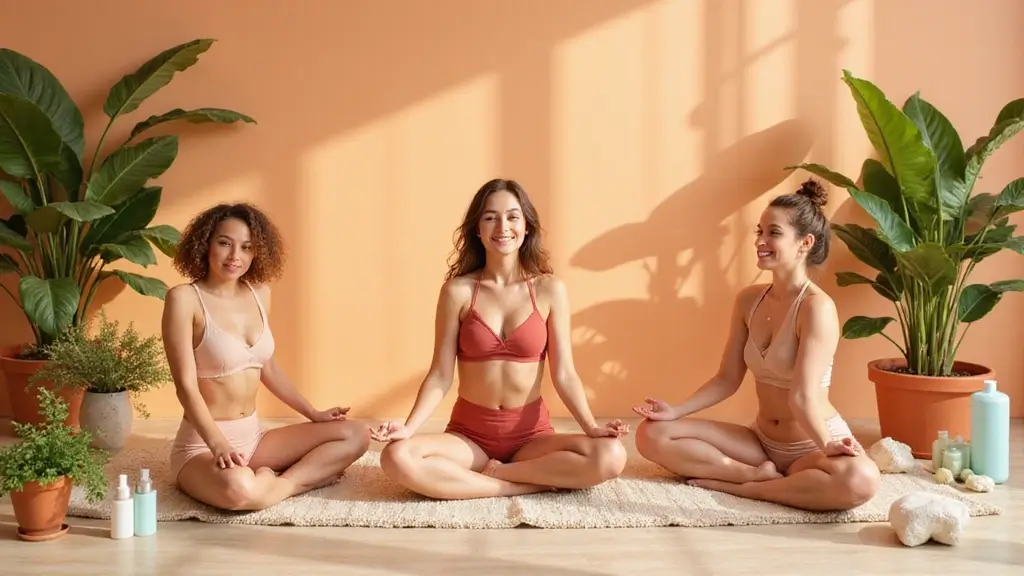The sun can be both our friend and our foe, bringing warmth but also potential damage to our skin. Many people are skeptical about using sunscreen, fearing it might make their skin darker or lead to unwanted pigmentation.
The truth is, these myths are often rooted in misconceptions. SPF is designed to protect your skin from harmful UV rays, but understanding its role can help dispel doubts. Join us as we uncover the realities behind these sunscreen myths and learn how to achieve vibrant, protected skin without the worry of darkening or damaging your complexion.
Myth 1: Sunscreen Causes Skin Darkening
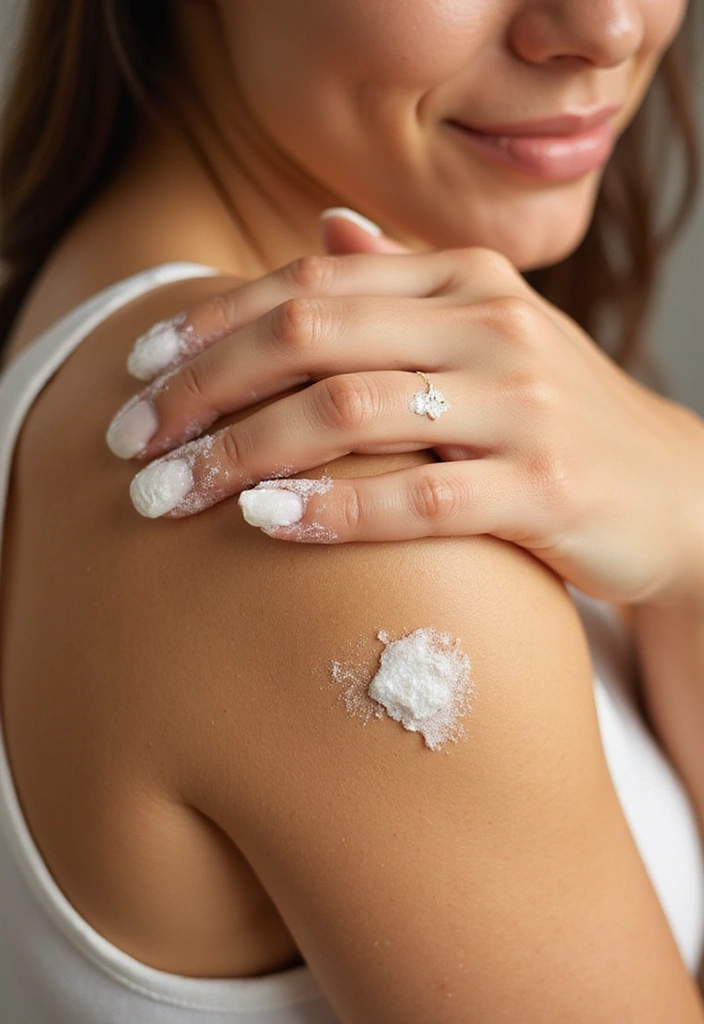
The belief that sunscreen can darken your skin is a common misconception. In reality, sunscreen prevents UV rays from penetrating your skin and causing damage that can lead to dark spots and hyperpigmentation. When your skin is unprotected, it may tan or darken as a natural response to UV exposure.
Applying sunscreen regularly can help maintain an even skin tone and protect against sun-induced pigmentation. For example, using Sun Bum Original SPF 30 Sunscreen Body Lotion not only provides broad-spectrum protection but also includes moisturizing properties that help keep your skin hydrated. This allows you to enjoy the sun without worrying about darkening.
If you’re looking for extra protection, consider Eucerin Sun Age Defense SPF 50 Face Sunscreen Lotion, which contains hyaluronic acid and antioxidants. This formula is designed to shield your skin from harmful rays while helping to combat signs of aging and maintain a radiant complexion.
For easy application, a sunscreen stick like CeraVe Mineral Sunscreen Stick SPF 50 can be a convenient option. This fragrance-free and oil-free formula not only protects with broad-spectrum coverage but also contains nourishing ingredients like hyaluronic acid and ceramides to support your skin’s health.
Also, remember to choose a sunscreen with at least SPF 30, reapply every two hours when outdoors, and incorporate a daily sunscreen routine for the best results. By using products with comprehensive UVA and UVB protection, you can help your skin stay healthy and glowing. So, don’t skip the SPF if you want to keep your glow intact!
Myth 2: Dark Skin Doesn’t Need Sunscreen
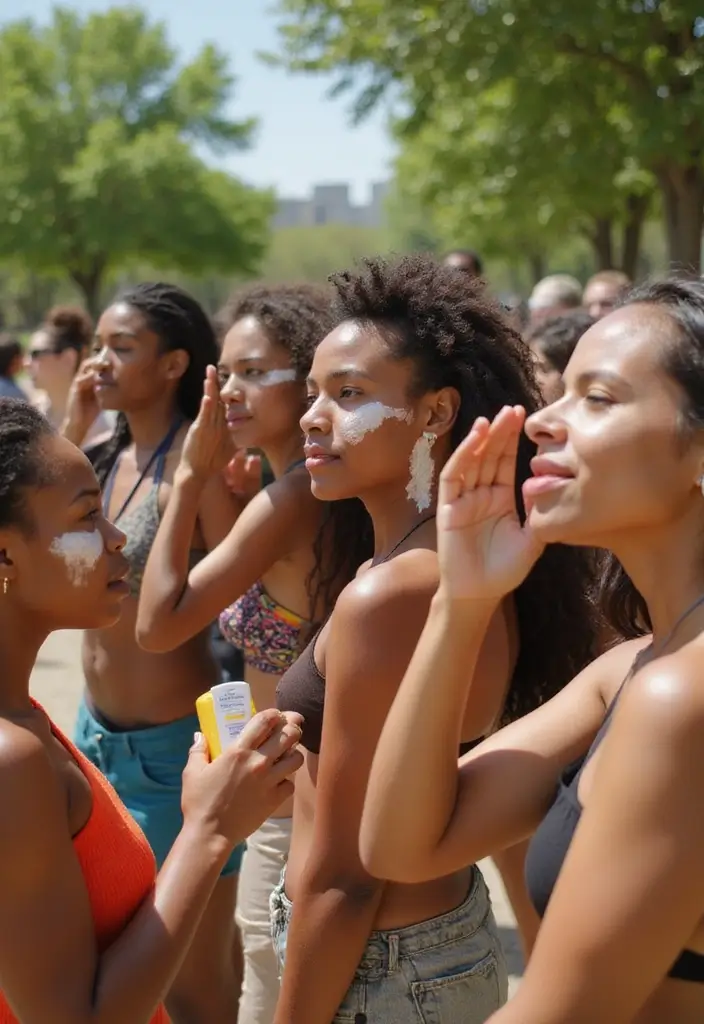
This myth can be particularly harmful. While darker skin tones do have more melanin, which offers some natural protection against UV rays, it does not mean they are immune to sun damage. Everyone, regardless of skin color, can experience the detrimental effects of UV exposure, including skin cancer and pigmentation issues.
Applying sunscreen on darker skin tones is crucial to protect against skin damage and to preserve an even skin tone. For instance, dark-skinned individuals can still develop dark spots or hyperpigmentation from sun exposure.
Using a broad-spectrum sunscreen, such as EltaMD UV AOX Elements tinted mineral face sunscreen lotion, not only provides maximum protection with SPF 50 but also includes antioxidants to support skin health. This tinted moisturizer is ideal for dry, sensitive skin and blends seamlessly into darker complexions, ensuring no white cast is left behind.
For a lighter option, you might want to consider Neutrogena ultra sheer dry-touch water resistant sunscreen lotion with broad spectrum SPF 70. Its non-greasy formula is perfect for daily wear and helps keep the skin feeling fresh and protected throughout the day.
Additionally, incorporating a sunscreen stick, like the CeraVe mineral sunscreen stick, can be an excellent choice for easy application. This stick contains hyaluronic acid and ceramides, providing both hydration and protection against harmful rays. It’s a convenient option for often-overlooked areas such as the ears, the back of the neck, and the scalp.
Remember to incorporate sunscreen into your daily skincare routine, regardless of the weather, to ensure your skin stays healthy and protected.
Myth 3: Sunscreen Only Needs to be Applied on Sunny Days

This is a huge myth! UV rays can penetrate through clouds and even during winter months, leading to skin damage even when it seems overcast. This means wearing sunscreen every day is vital, regardless of the weather.
Incorporating sunscreen into your daily skincare isn’t just a summertime task; it’s a year-round necessity. UV rays can contribute to premature aging and increase your risk of skin cancer, making it crucial to protect your skin all year long.
To make this easier, consider using a daily moisturizer with SPF, like CeraVe AM Facial Moisturizing Lotion with SPF 30. This convenient product not only hydrates your skin but also offers protection from harmful UV rays, ensuring that your skin stays healthy every day.
If you’re planning to be outdoors for an extended period, don’t forget to reapply sunscreen. A user-friendly option is the sunscreen spray for easy reapplication, such as Banana Boat Sport Ultra SPF 50 Sunscreen Spray. Its water-resistant formula makes it perfect for outdoor activities, even on cloudy days.
In addition to sunscreen, consider wearing UV protection sunglasses to shield your eyes from harmful rays. These lightweight sunglasses are ideal for driving, fishing, or playing golf while providing an extra layer of defense against UV exposure.
Finally, spread the word! Educate friends and family about the importance of sunscreen in all weather conditions to help everyone enjoy healthier skin year-round.
Myth 4: All Sunscreens are the Same
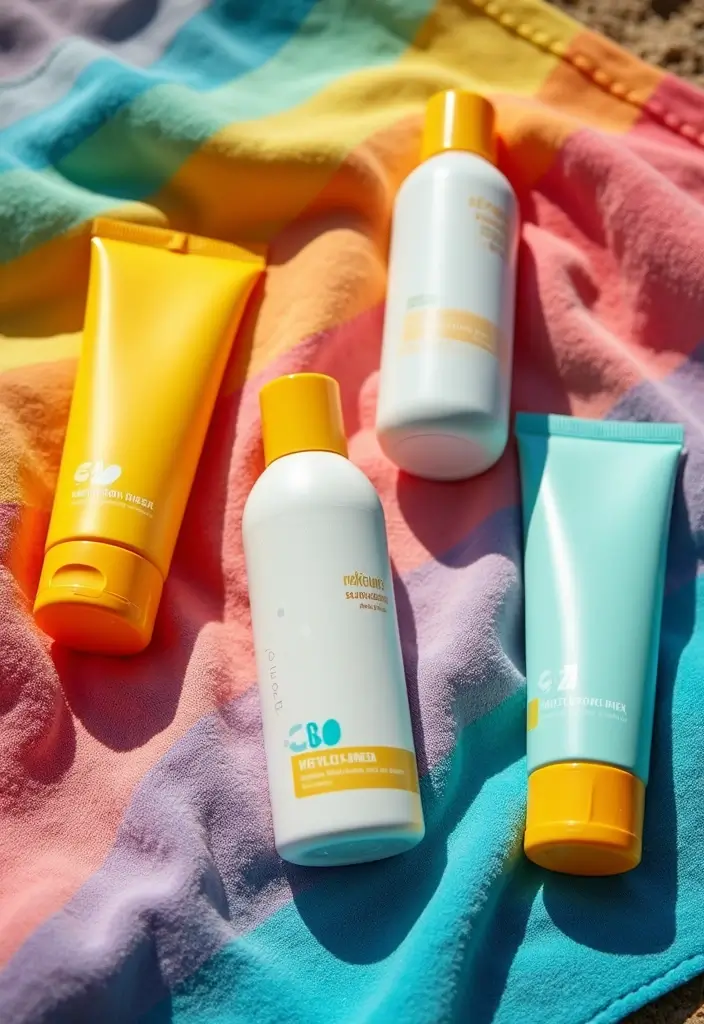
Not all sunscreens are created equal. There are two main types: chemical and physical (or mineral) sunscreens. Chemical sunscreens absorb UV rays, while physical sunscreens sit on top of the skin and reflect UV rays away.
Understanding the differences can help you choose the right product for your skin type and lifestyle. For those with sensitive skin, physical sunscreens like Blue Lizard Australian Sunscreen SPF 30+ may be less irritating, offering effective protection without the added fragrances that can cause reactions. Alternatively, if you prefer a lighter feel for daily use, consider EltaMD UV Clear Broad-Spectrum SPF 46, which is oil-free and contains zinc oxide, making it suitable for oily skin without clogging pores.
When selecting a sunscreen, be sure to check the ingredients to avoid allergens or irritants. For example, Neutrogena Ultra Sheer Dry-Touch Sunscreen SPF 100 is a great option for those who want a water-resistant and non-greasy formulation, ideal for outdoor activities. If you have oily skin, look for oil-free or gel-based sunscreens, as these will help keep your skin feeling fresh and clean. Sensitive skin types might prefer mineral-based options like the aforementioned Blue Lizard sunscreen, which is both fragrance-free and effective.
Remember to always patch-test a new product before full application to ensure compatibility with your skin.
Myth 5: Higher SPF Means Better Protection
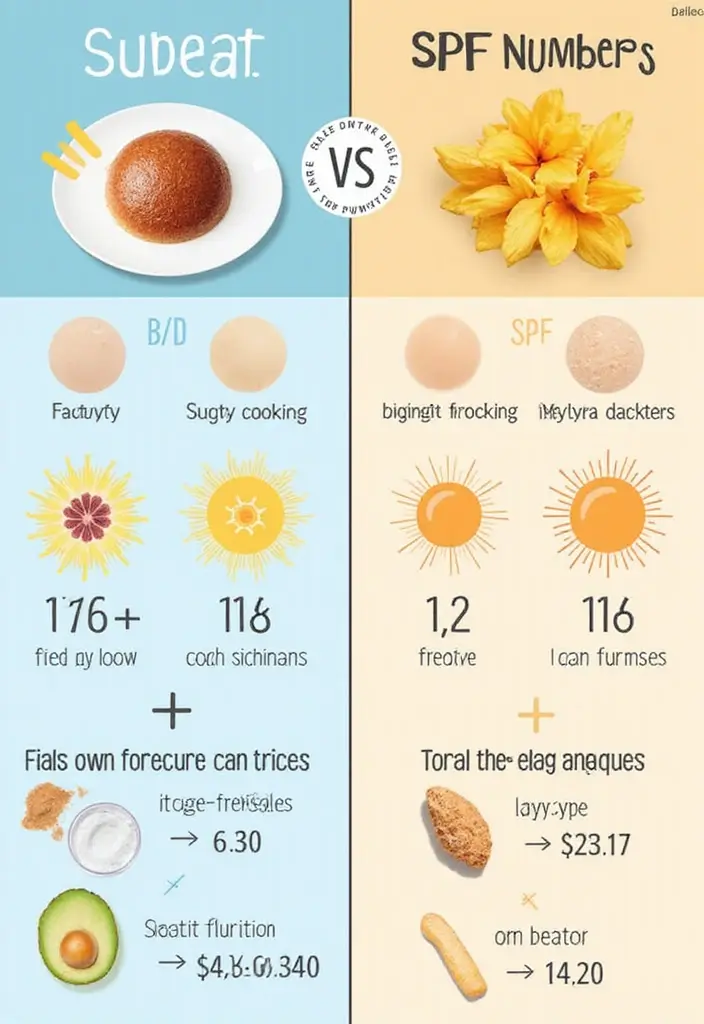
While higher SPF offers more protection, it’s not a straightforward equation. An SPF of 30 blocks about 97% of UVB rays, while SPF 50 blocks 98%. The difference isn’t as significant as you might think.
What really matters is how much sunscreen you apply and how often you reapply. Using enough sunscreen and applying it correctly is key to effective sun protection. Many people apply too little, reducing the sunscreen’s effectiveness. For instance, you might consider using the EltaMD UV Clear Face Sunscreen SPF 46, which is a broad-spectrum product that offers excellent coverage against both UVA and UVB rays, ensuring your skin is well-protected.
Remember to apply at least a shot glass full for full body coverage. If you prefer a convenient application, the Banana Boat Sport Ultra SPF 50 Sunscreen Spray is a great option. This water-resistant spray makes it easy to get an even application, especially when you’re on the go, and it’s perfect for outdoor activities.
Reapply every two hours, and immediately after swimming or sweating. For your face, you might find the CeraVe Mineral Sunscreen Stick SPF 50 very handy. This stick is not only easy to apply but also contains hyaluronic acid and ceramides, which help keep your skin hydrated while providing broad-spectrum protection.
And don’t forget to use sunscreen on cloudy days too! Properly protecting your skin is essential every day, and choosing the right products can make a significant difference.
Myth 6: You Don’t Need Sunscreen Indoors

Believe it or not, UV rays can reach you indoors! While windows block UVB rays, they do not prevent UVA rays from penetrating, which can contribute to skin aging and damage. If you spend a lot of time near windows or in bright spaces, wearing sunscreen is essential for long-term skin health.
Incorporating a daily moisturizer with SPF into your routine can be a game-changer. For example, consider the CeraVe AM Facial Moisturizing Lotion with SPF 30. This oil-free moisturizer is formulated with hyaluronic acid, niacinamide, and ceramides to hydrate your skin while providing broad spectrum protection against harmful UV rays.
Additionally, don’t forget to protect areas that receive sunlight through windows, like your face and hands. A product like UV Clear Face Sunscreen SPF 46 is an excellent choice for daily use. This oil-free sunscreen with zinc oxide is dermatologist recommended and provides added protection against UVA rays.
For those looking to enhance their indoor UV protection further, you might want to consider installing window films, such as the BDF S2M Window Film Clear UV Blocking. This can help reduce UV exposure in your home or workplace, creating a safer environment for your skin.
Remember, protecting your skin should be a priority, regardless of your location. Educate yourself on the various sources of UV exposure beyond just outdoor sun, and shield your skin with sunscreen—because protecting your glow is a year-round commitment. Don’t let myths dim your shine!
Myth 7: Sunscreen is Only for Summer
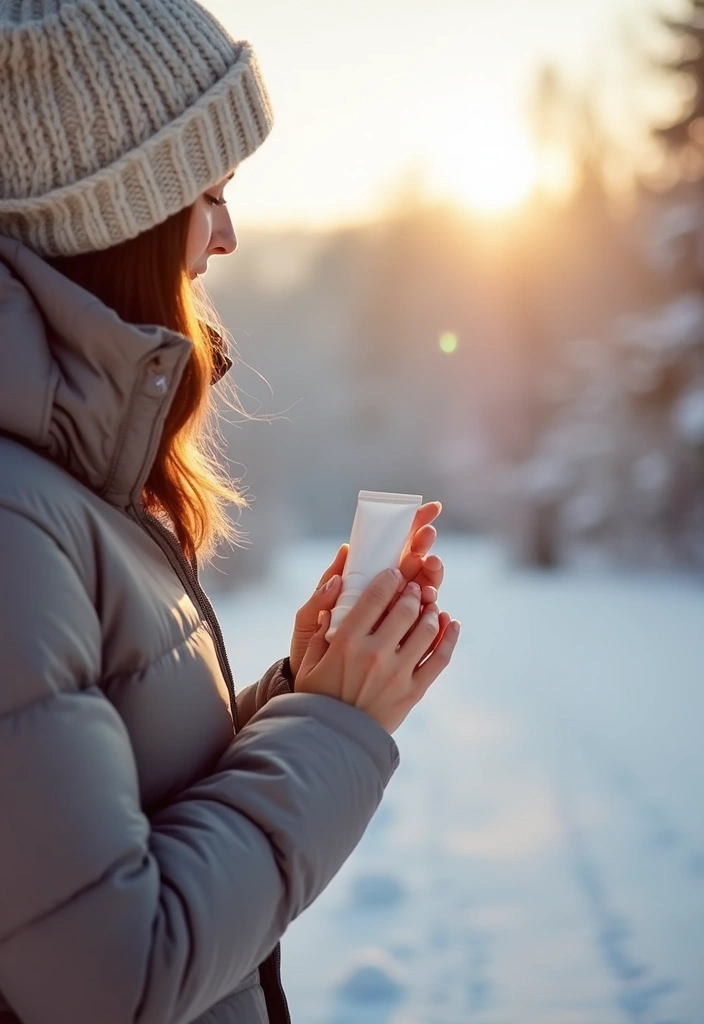
Many think sunscreen is just a summer accessory. However, UV rays can cause damage year-round, even in winter or cloudy weather. Snow can reflect UV rays, increasing exposure, so protecting your skin during those colder months is just as important.
Make sunscreen a part of your daily routine, regardless of the season. Doing so can help you maintain a healthy, youthful complexion, no matter what time of year it is. For instance, consider incorporating a moisturizing sunscreen like the 3PCS Sunscreen for Face, which offers SPF 60+ and is designed to be hydrating and non-greasy—perfect for daily use.
In winter, when skin tends to be drier, layering your sunscreen with a heavier moisturizer can provide extra hydration. The heavy cream moisturizer from Amazon Basics is an excellent choice, as it’s dermatologist tested and fragrance-free, making it suitable for sensitive skin.
For added convenience and protection, consider a sunscreen stick like the CeraVe Mineral Sunscreen Stick SPF 50. This easy-to-apply option contains hyaluronic acid and ceramides, which help keep your skin moisturized while guarding against harmful UV rays.
Stay informed about seasonal skin care changes, and remember: sunscreen is not just a summer fling! Make it a daily habit to shield your skin from harmful UV rays, even in winter. Your complexion will thank you all year round!
Myth 8: Sunscreen is Only Necessary for Outdoor Activities

This is simply not true! Even if you’re just driving, sitting by a window, or strolling to your car, you are exposed to UV rays. Regular exposure can accumulate over time, leading to skin damage and pigmentation issues.
That’s why wearing sunscreen every day, even during minimal sun exposure, is essential. This daily habit can prevent long-term consequences and keep your skin healthy and radiant. For instance, consider the Neutrogena Ultra Sheer Dry-Touch Sunscreen SPF 100. It’s lightweight and absorbs quickly, making it perfect for daily wear without leaving a greasy residue.
Additionally, keeping a travel-size sunscreen in your bag can help you reapply easily throughout the day. The Coppertone Sport Sunscreen Lotion SPF 50 is a great choice. It’s sweat, heat, and water resistant, ensuring you stay protected no matter your activities.
Moreover, make it a habit to apply sunscreen before leaving your home, just like brushing your teeth. For quick and convenient application, you might want to try Banana Boat Ultra Sport Sunscreen Spray SPF 50. This spray is easy to use and provides excellent protection against UV rays.
Lastly, don’t forget to educate your family about the importance of daily sun protection.
Don’t be fooled! Even a quick trip to your car exposes your skin to UV rays. Make daily sunscreen your best friend for a radiant, healthy complexion!
Myth 9: Sunscreen is Only for Women
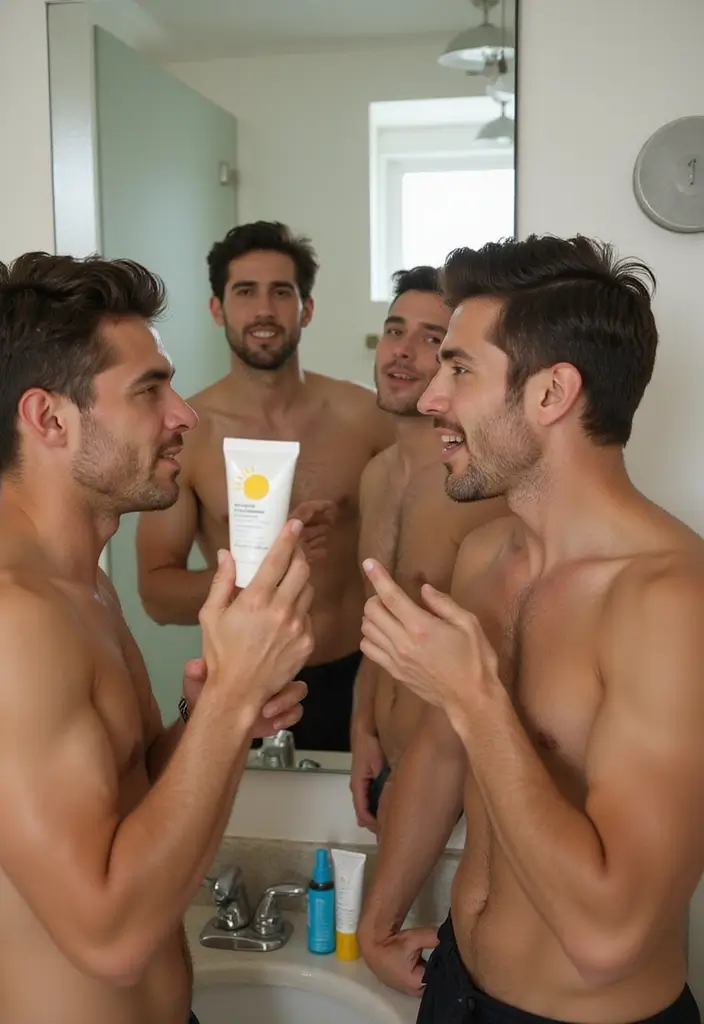
Sun protection is for everyone! This misconception can be dangerous as it leads many to skip sunscreen, exposing them to potential skin damage. Skin cancer does not discriminate, and all skin types are at risk.
Encouraging everyone to incorporate sunscreen into their daily routine can lead to healthier skin and raise awareness about skin care. Remember, healthy skin is a unisex concern!
Consider using Aveeno Protect + Hydrate Sunscreen Moisturizing Body Lotion with Prebiotic Oat, Broad Spectrum SPF 60. This weightless formula is perfect for sensitive skin and provides hydration while protecting against harmful UV rays.
Another great option is Eucerin Daily Hydration Broad Spectrum SPF 30 Sunscreen Body Cream. This fragrance-free moisturizer is suitable for dry skin and offers essential hydration alongside sun protection.
For convenience, a Generic MEDIPEEL Peptide 9 Bio Sun Stick makes application a breeze. Its portable design is perfect for on-the-go protection, helping you stay shielded from the sun while also addressing skin concerns like aging.
Remember to highlight the importance of sun protection in conversations to create awareness, share tips with friends and family on effective sun care routines, and promote skincare products that include SPF for ease of use.
Myth 10: Natural and Homemade Sunscreens are as Effective as Commercial Products
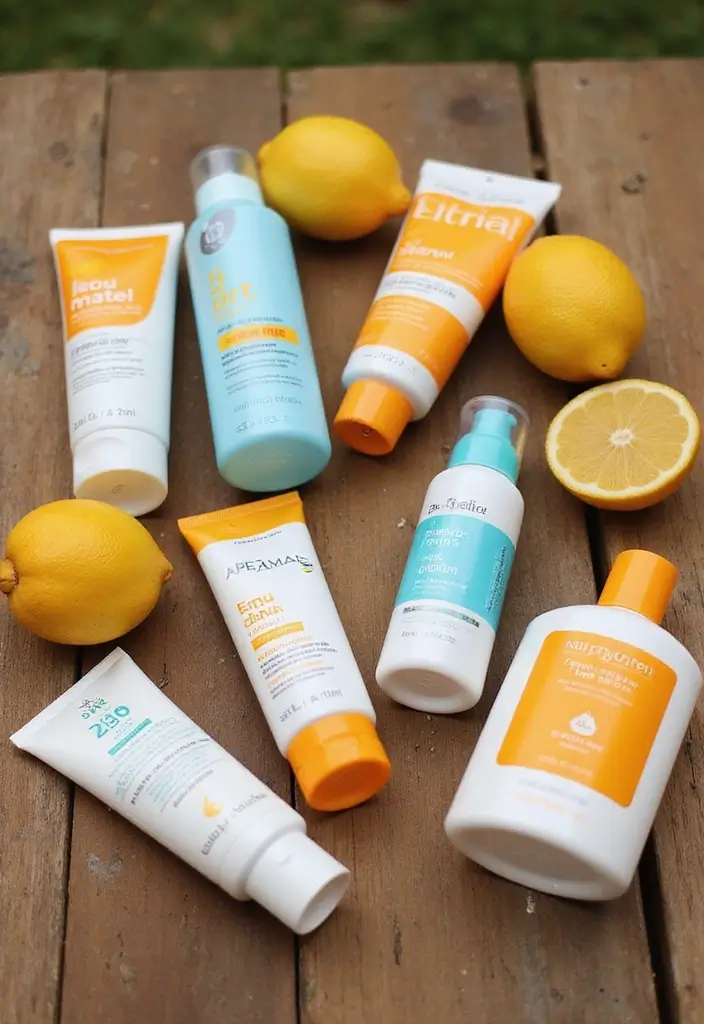
Caution is key when it comes to homemade sunscreens. While natural ingredients can be beneficial for your skin, they often do not provide sufficient protection against UV rays. Commercial sunscreens undergo rigorous testing to ensure efficacy and safety, something homemade products may lack.
If you’re looking for effective sun protection, consider options like Badger SPF 30 Organic Sunscreen Cream, which is formulated with 98% organic ingredients and zinc oxide, making it both reef safe and hypoallergenic. This product is water-resistant, providing reassurance for those active days outdoors.
For a lightweight and non-greasy option, try Neutrogena Ultra Sheer Dry-Touch Sunscreen SPF 100. This sunscreen offers broad-spectrum protection and is water-resistant, ideal for keeping your skin safe under the sun without feeling heavy.
Another great choice is SunBum Original SPF 50 Sunscreen Lotion. This moisturizing sunscreen is made without harmful ingredients like octinoxate and oxybenzone, complying with Hawaii’s 104 Act, which makes it a thoughtful option for environmentally-conscious consumers.
Always prioritize your skin’s health over DIY trends. Read labels carefully to understand what’s in your sunscreen and be skeptical of claims like ‘all-natural’ or ‘chemical-free’ without backed data. If you prefer organic, look for reputable brands that specialize in natural sunscreens.
Homemade sunscreens may sound appealing, but remember: they often lack the proven protection against UV rays that commercial products provide. Your skin deserves scientifically-backed safety!
Conclusion: Embracing the Truth About Sunscreen
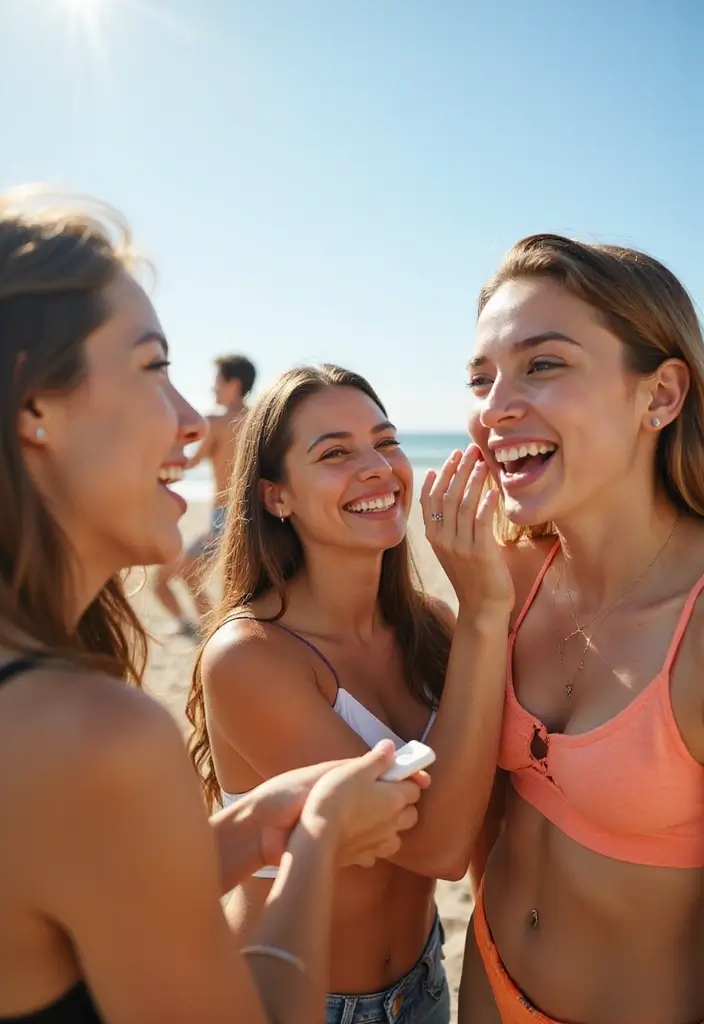
Dispelling sunscreen myths is crucial for maintaining healthy skin and embracing a solid skincare routine. By understanding how sunscreens work and their importance in protecting against UV damage, you can enjoy the sun worry-free.
Remember, sunscreen is your best defense against harmful rays, skin aging, and pigmentation issues. Stay informed, incorporate sunscreen into your daily routine, and encourage others to do the same for a healthier tomorrow.
Note: We aim to provide accurate product links, but some may occasionally expire or become unavailable. If this happens, please search directly on Amazon for the product or a suitable alternative.
This post contains Amazon affiliate links, meaning I may earn a small commission if you purchase through my links, at no extra cost to you.
Frequently Asked Questions
Does sunscreen actually make your skin darker?
No, sunscreen does not make your skin darker! In fact, it protects your skin from harmful UV rays that can lead to dark spots and pigmentation changes. Wearing sunscreen helps maintain an even skin tone by preventing sun damage, which is crucial for healthy skin. So, don’t skip that SPF!
Do people with darker skin tones need sunscreen too?
Absolutely! While darker skin has more melanin, which provides some natural protection against UV rays, it’s a myth that they don’t need sunscreen. Everyone, regardless of skin tone, should wear sunscreen daily to protect against skin damage and reduce the risk of skin cancer. Your skin deserves protection!
How often should I apply sunscreen?
You should apply sunscreen every two hours when outdoors, or more frequently if you’re swimming or sweating. Even on cloudy days, UV rays can penetrate through the clouds, so daily application is key! Aim for a broad-spectrum sunscreen with at least SPF 30 for optimal protection.
What’s the difference between chemical and physical sunscreens?
Great question! Chemical sunscreens absorb UV rays and convert them into heat, which is then released from the skin. On the other hand, physical (or mineral) sunscreens like zinc oxide and titanium dioxide sit on the skin’s surface and reflect UV rays. Both types are effective, so choose one that fits your skin type and preferences!
Is sunscreen only necessary during the summer?
Not at all! Sunscreen should be a year-round habit. UV rays can still cause damage in winter or on cloudy days. In fact, snow can reflect UV rays, increasing exposure. So, make sunscreen part of your daily skincare routine no matter the season. Your skin will thank you!

















